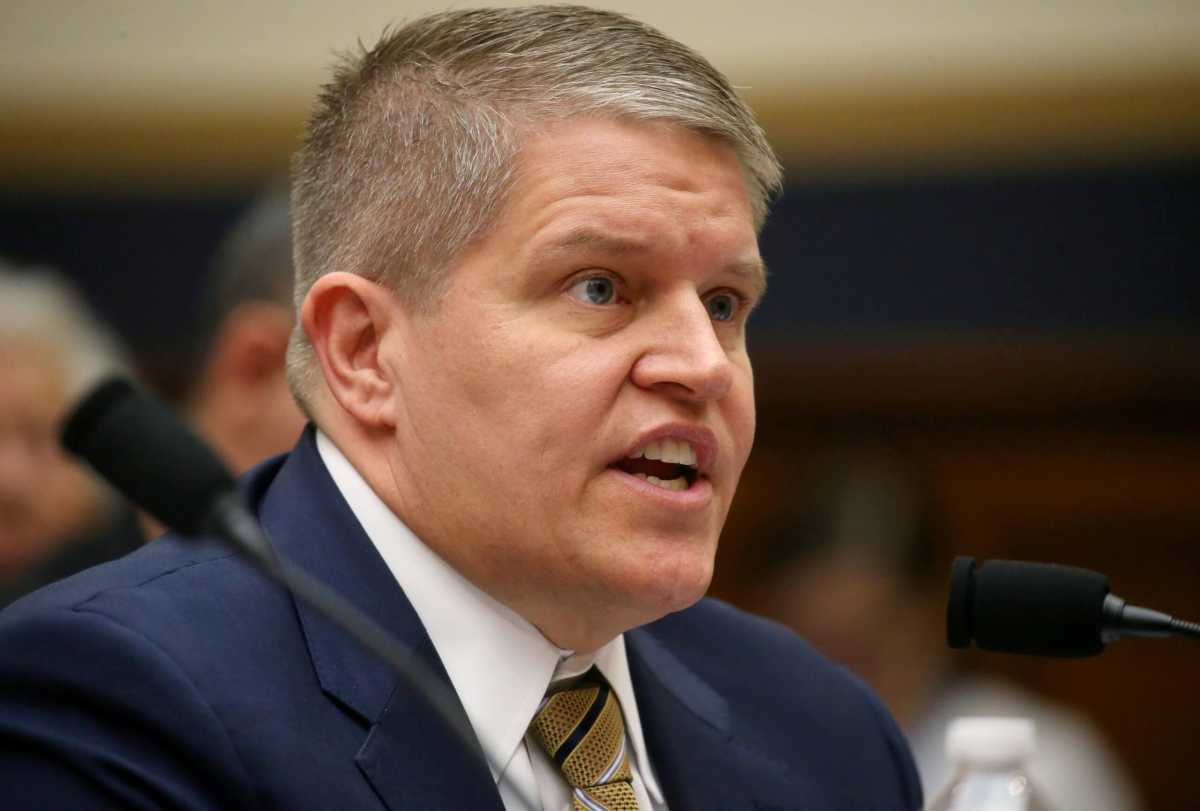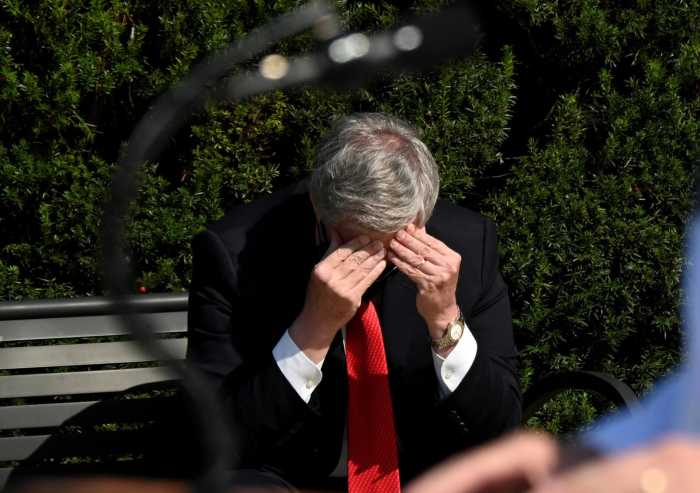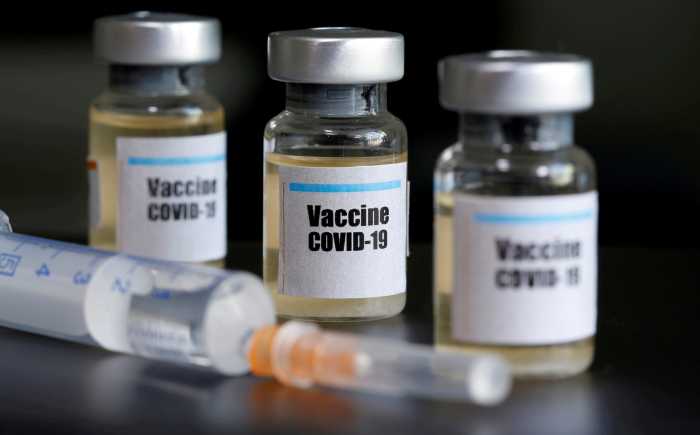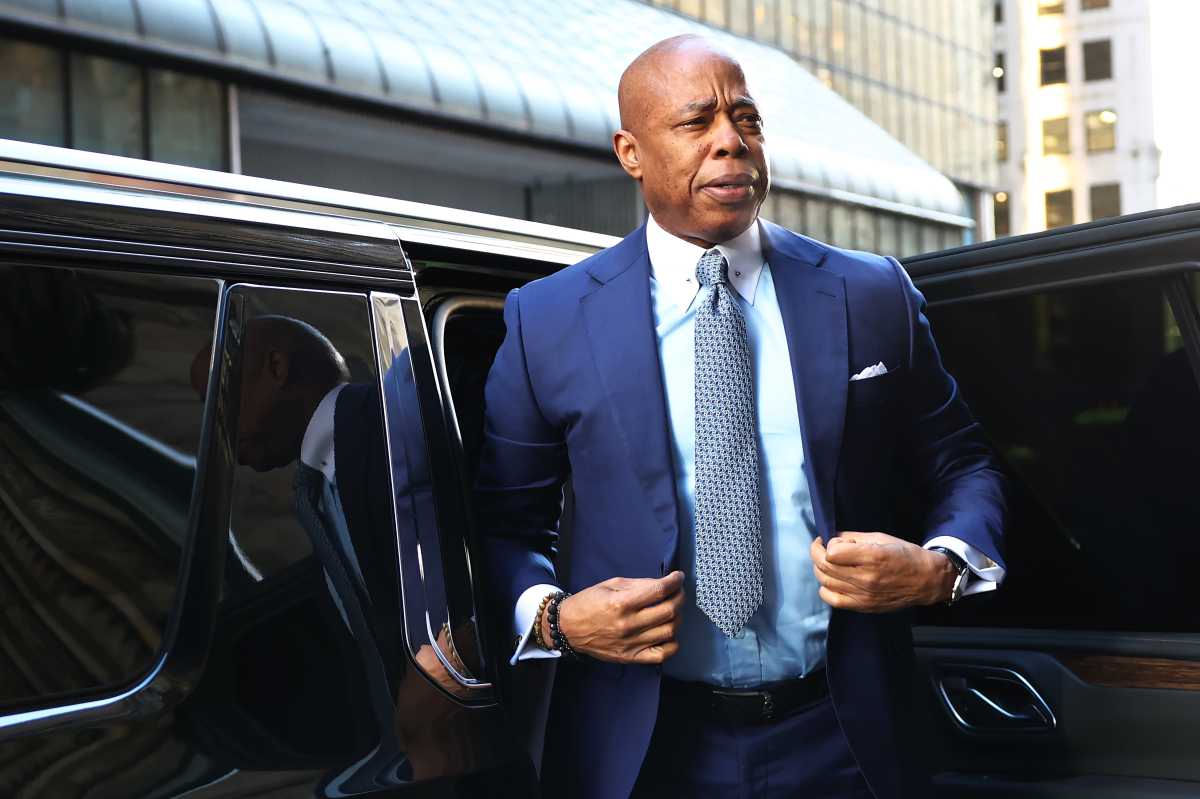The White House has withdrawn President Joe Biden’s nomination of gun control advocate David Chipman to head the U.S. Bureau of Alcohol, Tobacco, Firearms and Explosives, according to three people with knowledge of the decision.
Chipman had faced strong Republican opposition in the Senate, undermining his chances of winning confirmation in a chamber only narrowly controlled by Biden’s fellow Democrats. Republicans generally oppose gun control measures.
Biden has called U.S. gun violence a “national embarrassment” but Congress has failed to pass new firearms measures favored by many Americans.
The sources, speaking on condition of anonymity, confirmed the nomination’s withdrawal. Chipman now is expected to be offered a different position in the administration, though it is unclear what role it would be and whether or not he would accept it, one of the sources said.
The nomination had inflamed Republicans and pro-gun groups such as the National Rifle Association because of Chipman’s work with a prominent gun control advocacy group.
Senator Angus King of Maine, an independent who generally votes with the Democrats but was a holdout on Chipman, was a key factor in the decision to withdraw the nomination, according to two sources.
The White House declined to comment on the matter.
Mitch McConnell, the top Senate Republican, wrote on Twitter he was glad to hear reports of the withdrawal, calling the nomination of Chipman “absurd.” Chipman currently serves as a policy adviser for Giffords, a group founded by former U.S. Representative Gabrielle Giffords and her husband, U.S. Senator Mark Kelly, after a gunman shot her in 2011.
“This is a win for the Second Amendment and law-abiding American citizens,” said McConnell, referring to the constitutional amendment that guarantees the right to bear arms.
Kris Brown, president of Brady, a group advocating for stricter gun regulation, called Chipman “exceptionally qualified” to lead the agency, where he had previously worked for nearly 25 years.
“It is extremely disappointing that a majority of the U.S. Senate has listened to the gun lobby rather than the majority of voters who want gun violence prevention,” Brown said.
Chipman’s nomination has been an uphill battle, with the U.S. Senate Judiciary Committee in June splitting along party lines when it voted to advance his nomination. That meant Democrats would have had to jump through procedural hurdles to get Chipman confirmed. Republicans in particular opposed his support for banning military-style assault weapons.
The job of ATF director is so politically fraught that the Senate has confirmed only one nominee to the post in the past 15 years. The rest of the ATF’s leaders have served in an acting capacity, making it harder to put their stamp on lasting and meaningful policy.
Chipman faced opposition not only from the NRA, but also from the National Shooting Sports Foundation, a group that has historically not been as deeply involved in lobbying against ATF nominees.
During his confirmation process, Chipman was forced to confront a social media disinformation campaign falsely claiming he was involved in the deadly 1993 stand-off with the Branch Davidian cult in Waco, Texas.
The ATF is positioned to play a vital role in Biden’s pledge to crack down on rising U.S. violent crime and shootings. Attorney General Merrick Garland has pledged that the ATF will crack down on gun dealers who fail to conduct background checks, do not assist law enforcement with tracing guns used in crimes, falsify records or sell guns to people prohibited from owning them.




































